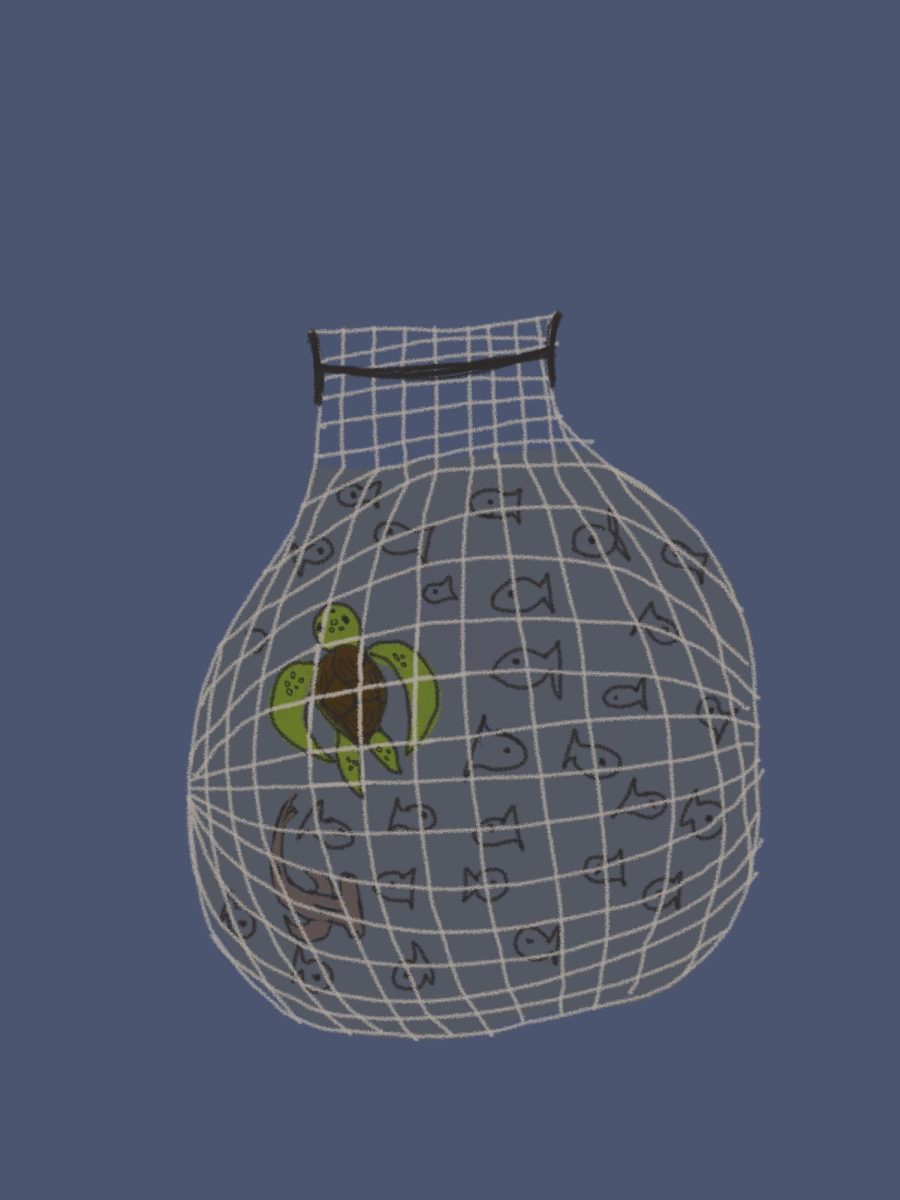Your Supermarket’s fish counter has the days “fresh” fish laid out on a cold bed of ice. Greenery surrounds the fish corpses hoping to draw in buyers that want to obtain a fish for a meal they plan on cooking. The daily deal sign reads $5.00 per pound you buy. What a deal! At other supermarkets you visit, the price per pound can cost up to $7.00 or $8.00 per pound with sustainably caught fish, making the highly desired, “clean” protein out of reach for many people.
But how is this significant price reduction possible? Well, you can thank mass fishing for that bargain! Mass fishing is a huge issue that is making our oceans barren wastelands.
Trollers or large fishing boats use huge nets made out of plastics to capture as many fish as possible per haul. This seems like it would be a great way to reduce fish costs, increase consumption, and boost the economy, right? In some ways yes, but environmentally, the issues only start here.
Using huge nets catch much more than what was “intended”, including sharks, turtles, and even dolphins. “According to some estimates, more than 40 percent of all fish harvested annually (some 38 million metric tons [nearly 84 billion pounds]) is bycatch, and hauls are responsible for the bycatch deaths of more than 650,000 marine mammals worldwide each year.” (Britannica) This is a huge issue because as more and more species that are keystone species for their ecosystems die and may become extinct, more species that may not be directly affected by the nets will start to die out as well as the ecosystem will become imbalanced.
These “extra” animals that are captured by the trollers are pronounced dead and can be sold into the black market to turn an even higher profit. “The international shark fin trade is largely unregulated, so sharks caught accidentally are routinely killed for their fins.” (Animal Welfare Institute)The Chinese delicacy, Shark Fin Soup uses the cartilaginous fins harvested from sharks to create a soup void of nutrition and only used to show status has driven much of the remaining shark trade happening today. Approximately 73 to 100 million sharks are killed annually worldwide just for their fins.” (Shark Research Institute)
So how can you help? You can definitely reduce your fish and seafood intake or even eliminate it altogether if you are able. You can also try to avoid food or products that may affect wildlife in our oceans. You can also donate to organizations committed to helping our oceans including, 4Ocean, focused on cleaning up our oceans and beaches around the world. As Well as organizations like Sea Shepherds that are on a mission to protect sea wildlife around the world.


